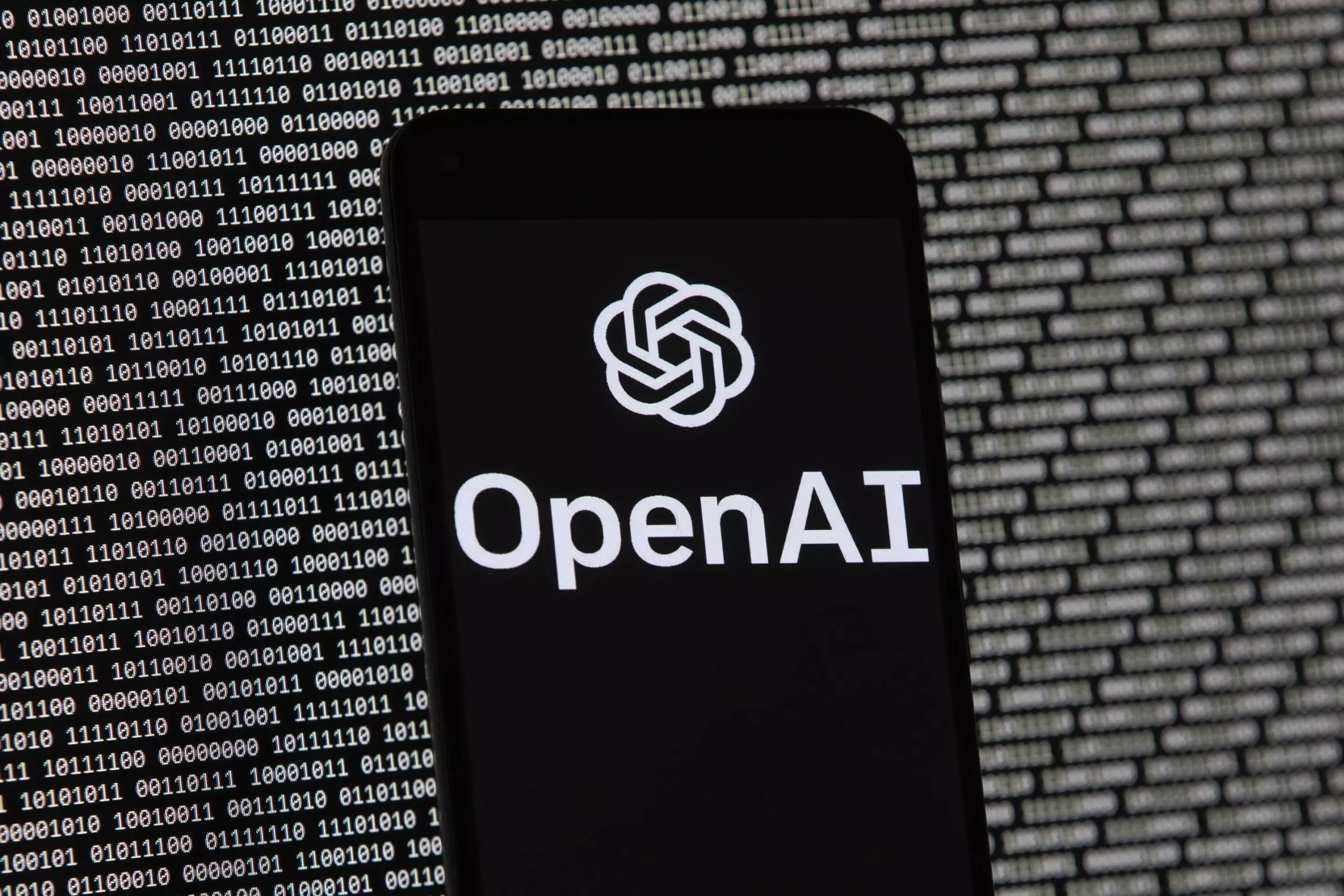In 2016, a modest initiative named OpenAI emerged from Mountain View, California, purposed with a vision to enhance digital intelligence while benefitting humanity without the constant pull of financial profit. Incorporated in Delaware, OpenAI sought recognition as a tax-exempt charitable organization from the Internal Revenue Service (IRS). This quest for legitimacy and support stemmed from the organization’s conviction that artificial intelligence could be harnessed for the greater good, placing social responsibility above profit. The original application hinted at a hopeful ambition, reinforced by significant financial backing, notably a $10 million loan from the then CEO and one of its founding directors, Sam Altman.
Over the past several years, the trajectory of OpenAI has been nothing short of astonishing, rapidly transforming into a prominent player in the AI landscape. This remarkable evolution came under scrutiny as it began establishing a lucrative subsidiary, valued at a staggering $157 billion, raising questions about the integrity of its foundational promise. The earlier application clearly articulated a commitment to avoid any alliances with for-profit entities and to abstain from developing commercial products. Yet, the present reality starkly contrasts with these earlier assertions, leading many experts in nonprofit law to ponder the legitimacy of OpenAI’s actions.
Liz Bourgeois, OpenAI’s spokesperson, maintains that the core mission has remained intact, despite the necessity for adapting strategies to keep pace with technological advancements. This statement raises intriguing questions. How much adaptation is too much? When does evolution verge upon deviation? The prior pledge to provide unrestricted access to research has been overshadowed by the emergence of commercial products, prompting critics to argue whether these developments align with the nonprofit’s foundational intentions.
Legal experts specializing in nonprofit organizations have closely monitored OpenAI’s remarkable ascent. OpenAI must navigate the thin line separating nonprofit activities from lucrative ventures. According to Andrew Steinberg, a lawyer with experience in advising nonprofits, the IRS application submitted by OpenAI appeared conventional at the time. However, the significant evolution in the company’s mission necessitates an examination of its compliance with regulations governing nonprofit corporations.
The crux of the concern rests on whether OpenAI’s current scale still adheres to the expectations imposed upon nonprofits. Has the organization’s expansion transcended its charitable mission boundaries? At what point does the pursuit of revenue compromise the nonprofit’s altruistic vision? These inquiries articulate the complications that arise when innovation and profit intertwine, fostering a culture of skepticism wherein motives could be perceived as ambiguous and profit-driven.
Shifts in Research Goals: From Aspirational to Revolutionary
OpenAI’s early aspirations, as disclosed in its IRS application, appear almost whimsical in comparison to its current endeavors. Initially, the organization envisioned developing an AI capable of mastering various games, creating a household robot, and interpreting complex instructions in natural language. These ambitions seem quaint against the backdrop of the rapid proliferation of groundbreaking inventions like ChatGPT and highly sophisticated generative models that have since redefined the AI landscape.
As the organization pivots toward commercial interests, the original mission of democratizing access to revolutionary technology faces existential scrutiny. Despite the stated objectives to retain ownership of intellectual property developed during this journey, fundamental questions linger on transparency and public trust. Will OpenAI’s decision-making remain aligned with its founding principles, or will the pursuit of profit overshadow its commitment to sharing knowledge with the global community?
In light of these developments, OpenAI stands at a crossroads, grappling with the repercussions of its transformation from a nonprofit aimed at advancing humanity to a formidable player in the tech world. The organization must carefully assess its ethical obligations to ensure that its actions resonate harmoniously with its original mission. As it explores potential restructuring, the implications for its nonprofit status loom large, impacting a range of stakeholders including researchers, the public, and the industry.
Ultimately, the future of OpenAI serves as a microcosm of the broader conversation concerning the evolving relationship between technology and ethical responsibility. The challenge lies in balancing innovation with accountability, transparency, and a steadfast commitment to the betterment of humanity. Going forward, all eyes will be on OpenAI as it navigates the complexities of this venture, with the hope that it remains a paragon of ethical technological advancement.

